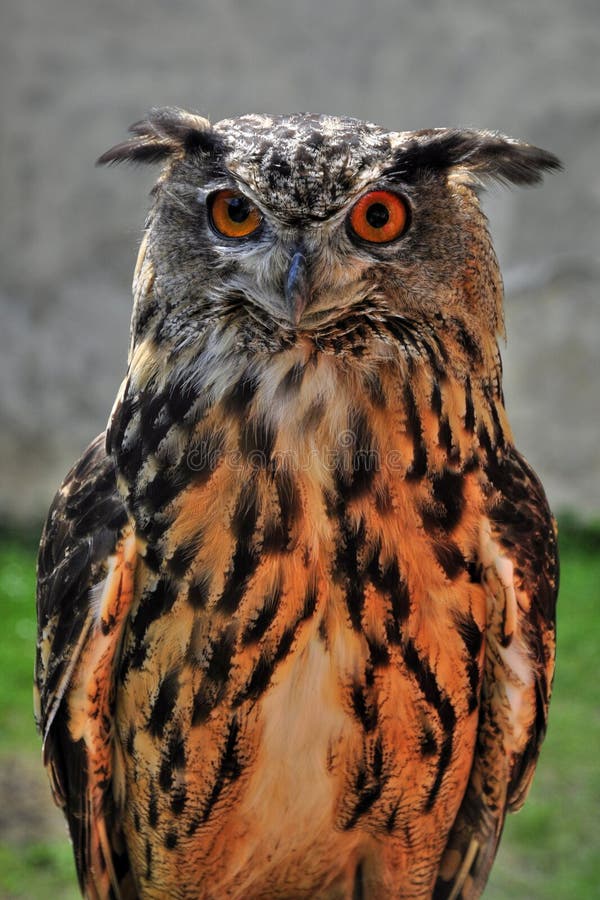

Some night owls have a preference or habit for staying up late, or stay up to work the night shift. Usually, people who are night owls stay awake past midnight, and extreme night owls may stay awake until just before or even after dawn. Most owls sleep during the day and hunt for food at night. The term is derived from nocturnal habits of owls. Etymology Owls, like this long-eared owl in Poland, are often nocturnal. The introduction of chocolate, coffee and tea, and cafes that stayed open through dawn, became part of the new culture. While staying up after dark was considered a negative trait, this changed in 17th and 18th century Europe (and subsequently spread beyond) due to the development and implementation of artificial lighting: more domestic lights, added street lighting, and adaptation by the royal and upper social classes. In several countries, especially in Scandinavia, one who stays up late is called a B-person, in contrast to an early riser being called an A-person. Researchers traditionally use the terms morningness and eveningness for the two chronotypes or diurnality and nocturnality in animal behavior. The opposite of a night owl is an early bird – a lark as opposed to an owl – which is someone who tends to begin sleeping at a time that is considered early and also wakes early. Night owls who are involuntarily unable to fall asleep for several hours after a normal time may have delayed sleep phase disorder.

1630) by Matthias StomĪ night owl, evening person or simply owl, is a person who tends to stay up until late at night, or to the very early hours of the morning. ( Learn how and when to remove this template message)Ī Young Man Reading by Candlelight (c. ( May 2022) ( Learn how and when to remove this template message) Relevant discussion may be found on the talk page. Please help improve this article by verifying its references and removing any that are not reliable or do not support the article. The verifiability of the claims made in this article is disputed.


 0 kommentar(er)
0 kommentar(er)
